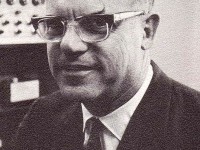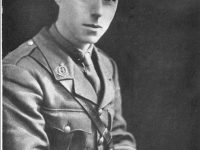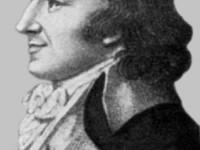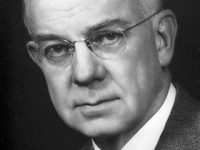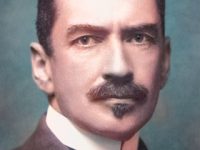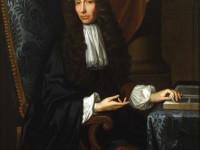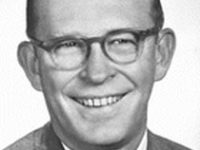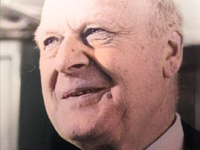Sidney Fox and his Research for the Origins of Life
On March 24, 1912, American biochemist Sidney W. Fox was born. In search for the origins of life, Fox explored the synthesis of amino acids from inorganic molecules, the synthesis of proteinous amino acids and amino acid polymers called “proteinoids” from inorganic molecules and thermal energy, and created what he thought was the world‘s first protocell out of proteinoids and water. “A further aspect I should like to discuss is what I…
Read more

